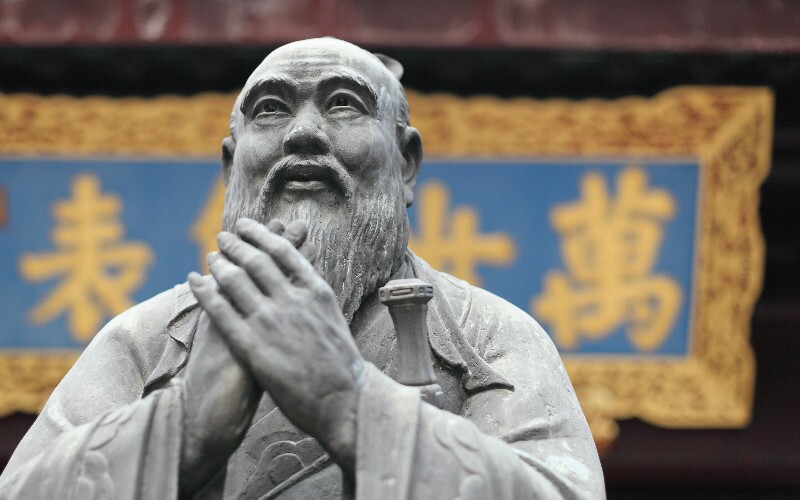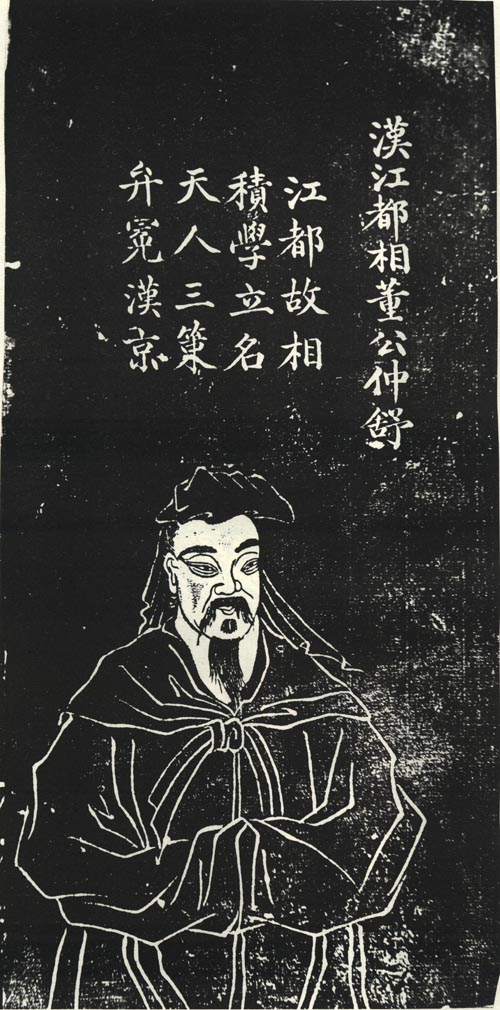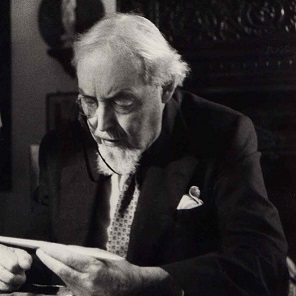top of page
Translators and Interpretations


Confucius / Kong Qiu
Ten Wings
551 BCE
Qufu, Jining, Shandong, China
479 BCE
N/A
State of Lu
Additional Information
Confucius had a deep reverence for the I Ching. He is often credited with writing commentaries on the I Ching that helped to explain and interpret its meanings. These commentaries, known as the "Ten Wings," provide insights into the philosophical and ethical implications of the hexagrams and their lines.
Accolades


Arthur Waley
The Book of Changes

August 19, 1889
1933
London, UK
Additional Information
Accolades


Fu Xi
Yi
2852 BCE
2737 BCE
Additional Information
Fuxi is a legendary figure associated with key cultural innovations, including the development of written language and the creation of the Eight Trigrams (Bagua) that underpin the I Ching. He is revered as a divine figure and is linked with the concept of dualism in Chinese cosmology. Fuxi is also seen as a symbolic ancestor of humanity and is associated with introducing fundamental aspects of early Chinese civilization. Despite his legendary status, his impact endures through art, literature, and philosophical texts, making him a cherished symbol of Chinese wisdom and heritage.
Accolades


Dong Zhongshu
Book of Han
179 BCE
Hengshui, Hebei, China
104 BCE
Three Chapters: Ju Xianliang Duice
Additional Information
Accolades


King Wen of Zhou
Book of Changes
1112 BCE
1050 BCE
Bi Zhou, Zhaoping County, Hezhou, China
The King Wen sequence
Additional Information
Accolades
Creating (Discovering?) the Book of Changes while held captive in a cell by the Shang tyrant.
Credited with having stacked the eight trigrams in their various permutations to create the sixty-four hexagrams of the I Ching. He is also said to have written the judgements which are appended to each hexagram. The most commonly used sequence of the 64 hexagrams is attributed to him and is usually referred to as the King Wen sequence.


Da Liu
I Ching Numerology:

60616687
Harper & Row, Publishers
Based on Shao Yung's Classic Plum Blossom Numerology
Additional Information
Accolades


James Legge
Sacred Books of the East

12/20/1815
Huntly, Aberdeenshire, UK
Nobyembre 29, 1897
1899
9780517149904
Oxford University Press
Oxford, England, UK
Volume 16
Additional Information
Accolades
Oxfordshire Blue Plaques Board | He produced a massive translation of Chinese classics regarded as the greatest single achievement of Western sinological scholarship in the nineteenth century and still a standard work of reference.

Chu Hsi's
Additional Information
Accolades

Wei Tat
Additional Information
Accolades

Henry Wei
Additional Information
Accolades

Master Yin
Complete I Ching
Additional Information
Accolades

Kerson Huang
Additional Information
Accolades

Gregory Whincup

1987
9780850305265
Aquarian Press
Additional Information
Accolades


Stephen Karcher, Ph.D.
The Way of I Ching

12/08/1946
1995
9780007136049
Thorsons Publishers
Additional Information
Accolades
Hilary Barrett, an I Ching scholar stated, "This translation liberates meanings in the I Ching that have been missing from our understanding for a couple of thousand years... it reveals a whole new landscape of interpretation that make previous translations feel cramped by comparison."


Wei Wu Wei, alias Terence James Stannus Gray
The I Ching

1968
Book of Changes
Additional Information
Terence James Stannus Gray, commonly known as Terence Gray, was an author and scholar known for his translation and interpretation of the I Ching (Yijing or Book of Changes). His work has contributed to the understanding and accessibility of the I Ching in English-speaking cultures.
Accolades


Richard Wilhem
Understanding the I Ching

10/05/1873
Stuttgart, Germany
Marso 2, 1930
1980
9780691001715
Princeton University Press
Tübingen, Germany
The Wilhelm Lectures on the Book of Changes
Additional Information
Accolades
"Wilhelm was a truly religious spirit, with an unclouded and far-sighted view of things.
He had the gift of being able to listen without bias to the revelations of a foreign mentality, and to accomplish that miracle of empathy which enabled him to make the intellectual treasures of China accessible to Europe...he could not help recognizing the logic and clarity of Chinese thought... it had overwhelmed him and assimilated him."
— C.G. Jung


John Blofeld
I Ching: The Book of Changes

02/04/1913
London, UK
Hunyo 7, 1987
1991
9780140193350
Penguin Books
Bangkok, Thailand
Additional Information
Blofeld compiled the translation in 1963. Origin Title:Yì, Published January 1, 851
Accolades
"Scholar and writer who devoted his life to the study of Eastern traditions, especially Buddhism and Taoism.
He is also the author of City of Lingering Splendor and Wheel of Life: The Autobiography of a Western Buddhist."
— biography from Bodhisattva of Compassion: The Mystical Tradition of Kuan Yin
Wilhem
bottom of page








